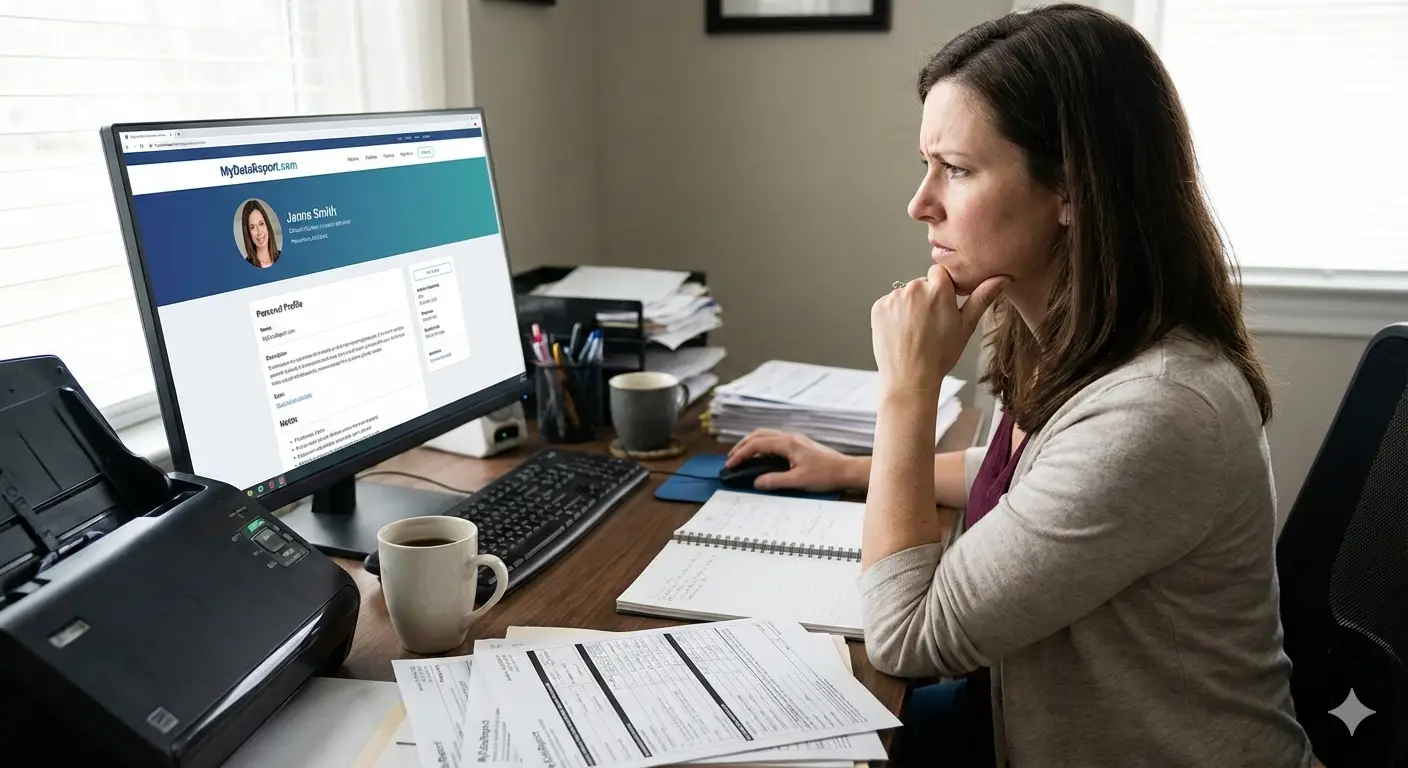Lessons from Wake County: How Insurance Fraud Impacts Homeowners and How to Protect Yourself

A Wake County homeowner was recently charged with felony insurance fraud after submitting over $7,220.09 in false claims for property damage. What might seem like a “small” scam can quickly grow into a big problem, affecting not just insurance companies but honest policyholders across North Carolina.
Cases like this demonstrate that property insurance fraud is more prevalent than people realize. Although North Carolina state agencies and the Department of Insurance work diligently to investigate and prosecute insurance scams, these incidents continue to cost homeowners and businesses millions of dollars every year. When someone files a false claim, they shift the cost to everyone else. That’s why staying informed and taking steps to protect yourself is so important.
The Real Cost of Insurance Fraud
Some people assume insurance fraud issues only hurt big companies. However, the truth is that fraudulent claims directly impact North Carolina families by driving up premiums and making it more difficult for legitimate claims to be processed.
In fact, the North Carolina Department of Insurance has an entire Criminal Investigations Division dedicated to uncovering false claims. Whether it’s homeowners, renters, or auto insurance, a single fake claim can lead to bigger problems under laws like the False Claims Act. Even minor exaggerations, such as inflating repair costs or submitting duplicate receipts, can result in serious criminal charges. The state treats many types of property insurance fraud as felonies, which can come with steep fines and jail time if convicted.
How Insurance Scams Really Work
Fraudsters often start small, hoping insurers won’t notice. They might submit forged receipts for property repairs or report damage that never happened. In some cases, individuals use counterfeit documents, staged photos, or fake contractors to make a claim appear genuine.
Fraudulent insurance claims can take many forms, including:
- Submitting forged or altered receipts for property repairs
- Reporting damage that never occurred
- Using counterfeit documents or staged photos
- Falsifying auto accident reports or inflating legitimate claims
Understanding the various tactics used in insurance scams is crucial for individuals to protect themselves by staying informed and cautious.

Red Flags and Tips for Honest Homeowners
If you want to avoid being dragged into insurance fraud issues or falsely accused, there are smart steps you can take:
- Always keep accurate records of your property, receipts, and any repairs you pay for.
- Save copies of invoices and email confirmations for work done on your home or vehicle.
- If you hire contractors, check their reviews and licensing status first.
- Watch out for neighbors or tenants who file suspicious claims or offer to “split” settlement money.
- Stay alert for sudden, large claims that don’t match the damage.
If you ever feel you’ve been wrongly accused of property insurance fraud, gather your documents right away. This might include your police reports, payment receipts, credit card statements, or emails from contractors. A security freeze on your credit file can also help protect you from potential fallout if someone tries to misuse your information.
When You Need Professional Support
Sometimes, resolving an insurance dispute or uncovering fraud requires the expertise of professionals. At Davis & Forest Investigative Group, we bring decades of law enforcement and investigative experience to every case. Our team, comprised of former FBI agents, U.S. Marshals, and local law enforcement professionals, specializes in:
- Insurance fraud investigations for individuals, businesses, and insurers
- Document and receipt verification
- Surveillance and evidence gathering
- Expert testimony and consulting
- Risk mitigation and fraud prevention strategies
This level of professional support can be critical when you’re facing allegations of fraud or when you believe someone else is making false claims that affect your policy. Working with a team that specializes in discreet criminal investigations, document reviews, and fraud investigations can make all the difference.
We understand the unique challenges facing Raleigh and Wake County residents. Our local knowledge, combined with national investigative resources, allows us to deliver results with discretion and integrity.

Your Next Steps to Safeguard Yourself
The recent Wake County case is a good reminder that insurance scams don’t always make the headlines, but they do have real consequences. Staying informed, keeping good records, and knowing when to bring in a professional investigator are some of the best ways to protect yourself. If you ever have concerns about your policy or think someone may be filing false claims, don’t hesitate to ask questions or report insurance fraud online.
For more tips on protecting your business, read our guide on how to protect your business from corporate fraud.
Contact Us
If you suspect insurance fraud or need assistance with a complex claim, don’t wait. Contact Davis & Forest Investigative Group to see how our experienced team can help you handle insurance fraud issues with confidence. Together, we can protect your interests and help keep Raleigh a safer, more honest place to live and do business.
Davis & Forest Investigative Group
Comprehensive. Discreet. Results-Driven.
Serving Raleigh, Wake County, and all of North Carolina
Recommended articles
Explore expert advice, industry trends, and case studies from our seasoned investigators. Stay informed with the latest updates in the world of private investigations and security.
Schedule a consultation
Ready to work with trained professionals who can uncover the truth and protect what matters most? Contact Davis & Forest Investigative Group today for trusted private investigator services. Our experienced investigators are ready to provide thorough, discreet, and results-driven investigations.
Your solution starts here
Davis & Forest Investigative Group's team is ready to help. Contact us today to discuss your case or request a consultation.




